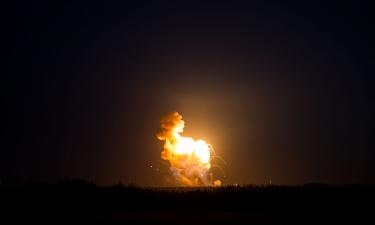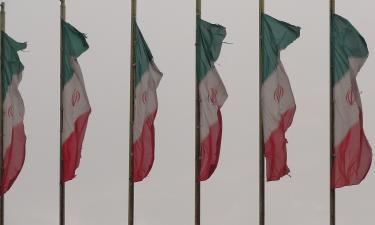World doomed to hunger and wars
UN experts warn: long-standing conflicts set off by higher food prices are in store for the world.
“Imminent wars will break out due to worsening living conditions in poor countries,” Jean Ziegler, the UN Special Rapporteur for the Right to Food said. Within the past two months prices on rice increased by 52 percent, while grain prices soared by 84 percent. As a result, several countries in Asia, Africa and Latin America were hit by mass riots and revolts of the hungry.
Experts associate the price growth with several factors. First of all, food demand is increasing rapidly in such developing countries as China and India. Secondly, the record-high prices on fuel affect food prices. Thirdly, expensive traditional fuel and developing modern technologies whip up global economies’ interest in biofuels which can be obtained from such raw materials as maize, rye, sugar and palm oil.
“In the near- and medium-term prospects food prices will be going up, which will bring more hunger. It will be a different kind of hunger. Food shortages in developing countries used to be caused by draught or other similar factors. That’s why people had nothing to eat. Nowadays, most countries have enough food. But it is so expensive that people cannot afford it,” said Nancy Roman, the UN’s World Food Programme (WFP) Director.
UN diplomats warn developed countries that if the West fails to take urgent measures, trouble spots will increase in number and will threaten global democracy and stability. Meanwhile, IMF and World Bank experts acknowledge that growing food prices may result in millions of hungry people and threaten the whole global economic system. “Price fluctuations affect developing countries, in the first place. Urgent measures are necessary to curb inflation and prevent serious conflicts,” the IMF head Dominique Strauss-Kahn said.
World Bank President Robert Zoellick also called for urgent measures to keep food prices down. According to Zoellick, food prices doubled within the last three years, which may inflict poverty on millions of people. He particularly mentioned that the problem of declining living standards may concern not only the current, but future generations as well.
Finance ministers of several countries who participated in the meeting of IMF and World Bank experts are certain that it is indispensable to work out more flexible procedures of helping countries that suffer from global catastrophes. Plans to double loans for African farmers were regarded as priority measures to keep growing food prices low. The World Bank is also due to increase staple supplies to the developing countries where riots are under way.
Besides, Zoellick called on all countries to allocate money to the UN anti-hunger programme before May 1 of the current year. According to the programme, 500 million dollars are to be spent to assist the hungry.
Utro
Translated by Julia Bulygina
Pravda.ru
Subscribe to Pravda.Ru Telegram channel, Facebook, RSS!




